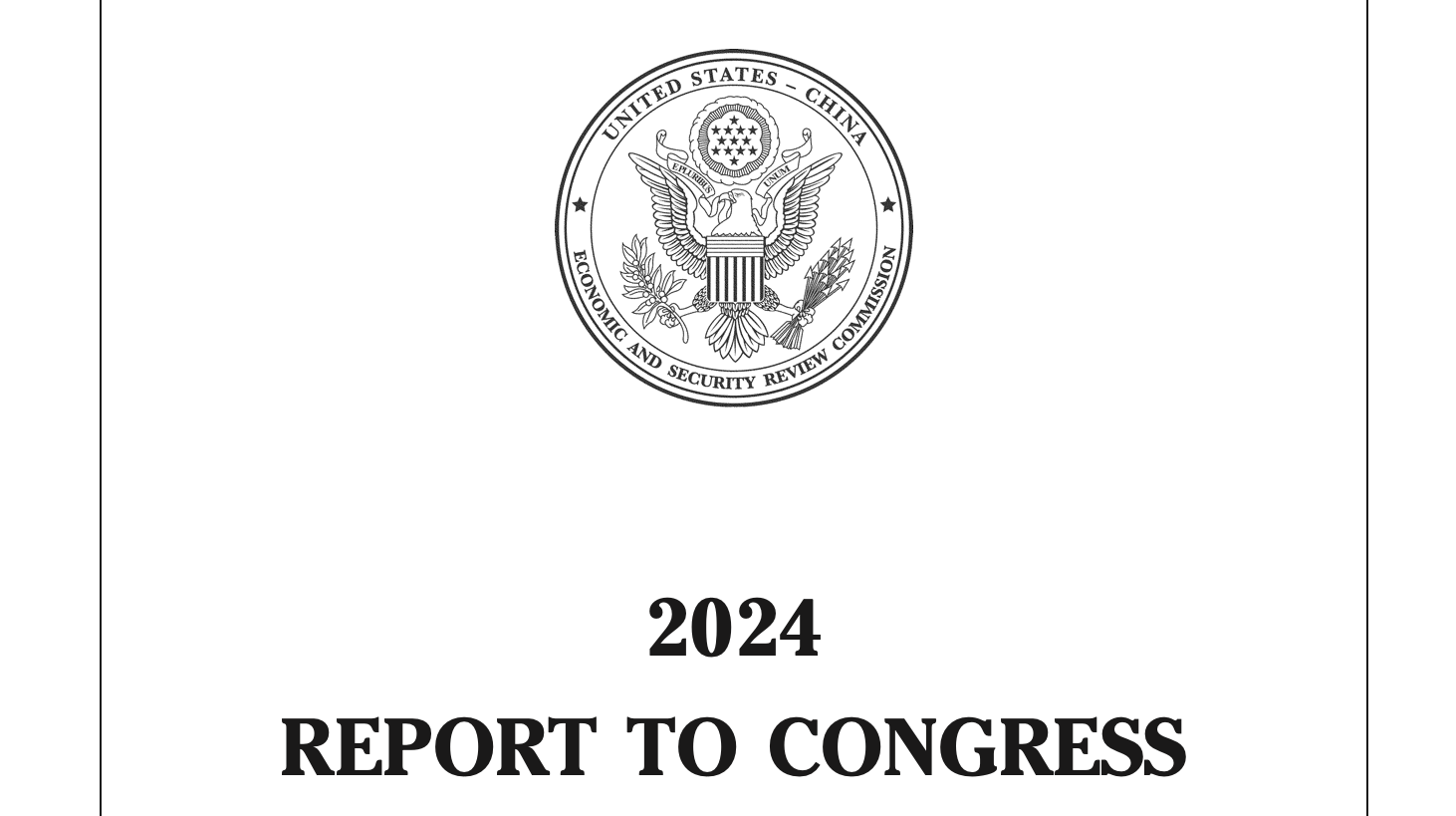US Congress pushes for Manhattan Project-style AGI program to outpace China

A commission of the US Congress recommends a massive program to develop artificial general intelligence in order to take the lead in competition with China. Other key technologies are also in the spotlight.
In a new report, a commission of the US Congress advocates launching a "Manhattan Project"-like program to take the lead in the development of Artificial General Intelligence (AGI). The "Manhattan Project" led to the development of the first atomic bomb during World War II.
"The United States and China are neck and neck, with one or the other leading depending on the specific critical and emerging technology," the report states. The US currently leads the world in the development of robust AI models, but China is pursuing numerous state-led and seemingly private efforts to develop advanced AI models.
Manhattan Project for AI
To compete with China, Congress should provide long-term contracts and funding to leading AI, cloud and data center companies, according to the report. This could ensure that complex research projects can be realized. The Secretary of Defense is recommended to give AI projects a high national priority (DX rating) as part of the "Defense Priorities and Allocations System" to ensure that they are given priority resources. The DX rating is awarded by the DCMA (Defense Contract Management Agency) and designates programs with "the highest national priority".
Countering industrial espionage
The Commission also proposes that Congress considers legislation requiring prior approval and oversight of China's involvement with biotechnology companies in the US. This should include genomic research, pharmaceutical development and investments in universities and government institutions. The background to this is the growing convergence of biotechnology and AI, for example in the analysis of large genomic data sets. Significant government investment should cover the entire technology development cycle and supply chain in biotechnology.
Restrictions or bans on the import of certain technologies and services controlled by Chinese companies are also encouraged, including humanoid robots with advanced capabilities in areas such as dexterity, locomotion and intelligence, as well as energy infrastructure products with remote maintenance functions, such as load control in the power grid. Ongoing regulatory projects on "connected vehicles" are to be extended to other connected devices from Chinese manufacturers such as industrial machinery, IoT devices and household appliances.
To protect intellectual property, reduce industrial espionage and prevent the leakage of sensitive strategic information, Congress is also expected to enact laws that prohibit granting Chinese investors board seats and information rights in strategic technology sectors.
Military applications of AI are becoming more important
The report emphasizes the importance of data for the development of AI capabilities. Each country has certain advantages in terms of the collection, use, and availability of data for AI systems. China understands the value of data for AI and has taken active measures to increase the availability of high-quality data within its AI ecosystem, for example through state-sponsored databases and access to data from state-owned enterprises and government agencies.
Artificial intelligence will be a core component of China's future military strategy and will underpin the People's Liberation Army's efforts to exploit vulnerabilities in the technology systems used by the US on the battlefield, it added. By using AI-supported data processing and decision-making, China wants to be able to act faster than the US armed forces. AI will also play a central role in applications such as autonomous weapons systems and cognitive warfare.
China leads the USA in terms of the sheer volume of published research - with 575,258 articles compared to 359,415 articles in the USA. The country has developed AI talent by investing heavily in AI education, among other things. Since 2018, China has established over 2,000 undergraduate-level AI programs at more than 300 of the country's most prestigious universities.
It remains to be seen to what extent Congress will follow the proposal.
AI News Without the Hype – Curated by Humans
As a THE DECODER subscriber, you get ad-free reading, our weekly AI newsletter, the exclusive "AI Radar" Frontier Report 6× per year, access to comments, and our complete archive.
Subscribe nowAI news without the hype
Curated by humans.
- Over 20 percent launch discount.
- Read without distractions – no Google ads.
- Access to comments and community discussions.
- Weekly AI newsletter.
- 6 times a year: “AI Radar” – deep dives on key AI topics.
- Up to 25 % off on KI Pro online events.
- Access to our full ten-year archive.
- Get the latest AI news from The Decoder.